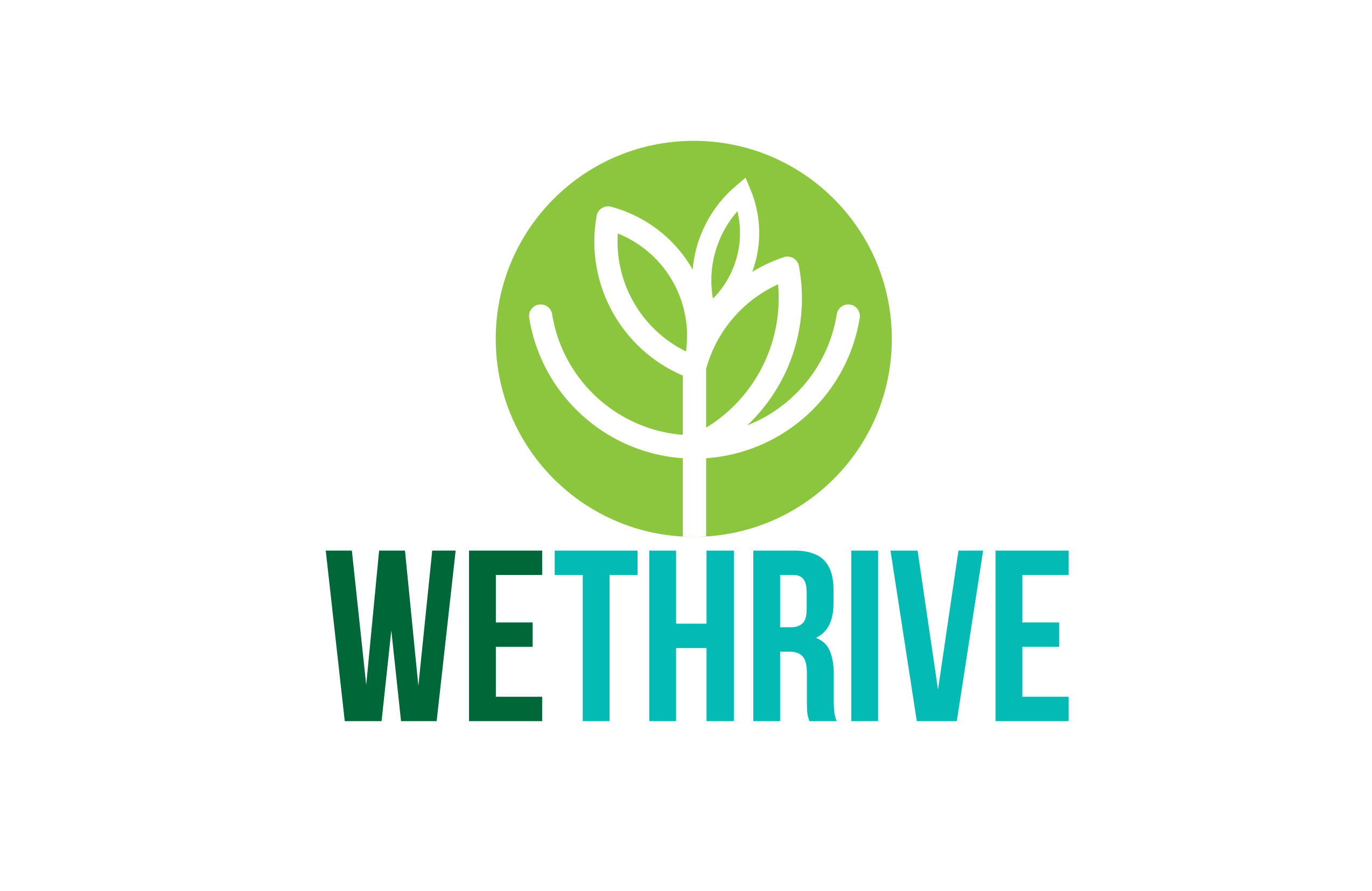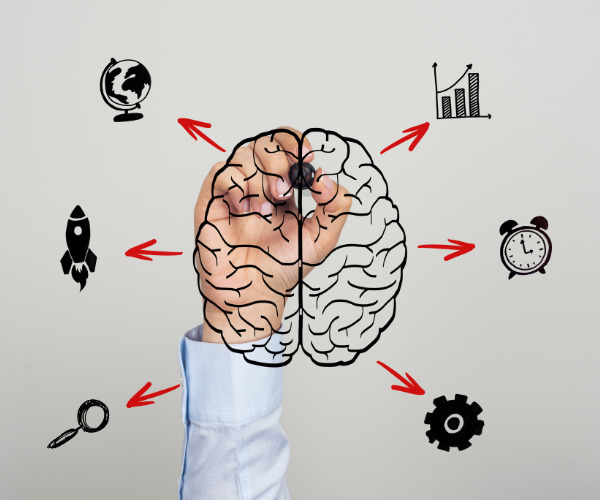The COVID-19 pandemic has impacted our lives on an unprecedented scale.
With the social distancing measures and enhanced community quarantine, many people around the world have to contend with a “new normal”. In a snap of a finger, our lives have suddenly changed. The old routines we used to have that put order into our lives and made us feel safe have to be set aside for new ways of living. Our situation demands us to make dramatic adjustments in a very short span of time. We are compelled to come to terms with the loss of certain freedoms and continue carrying on despite uncertainty and fear. On top of these, we experience the constant feelings of unease and worry, perhaps even pain and grief, over how COVID-19 has affected our lives and those of our loved ones.
During this difficult time in our lives, we need to keep our wits about us. We need to be focused, flexible, and exercise frustration tolerance. In other words, we need our executive functions to do its job so that we can adapt effectively. When we talk about executive functions, we refer to those set of higher skills we all have which help us plan and organize, solve problems, remember things, make decisions, keep our impulses and emotions in check, and achieve things we set out to do.
Our executive functions help us adapt to change.
However, when we are in a state of heightened or ongoing stress, or when our anxiety intensifies and gets too overwhelming, it affects our executive functions.
The way our brain works is that the prefrontal cortex, or the part of the brain used for thinking and regulating/controlling, interact with the deeper structures of our brain called limbic system, which have to do with emotions and motivation. Whenever our emotions become too intense particularly when we are faced with something threatening or dangerous, and we are in state of constant stress, these deeper limbic structures tend to take over, overpowering the thinking, regulating parts of the brain. We shift to a feeling mode, rather than a thinking mode. The fight-flight-freeze response kicks in.
How can anxiety and chronic stress affect the way our executive functions work?
- Impulse and emotional control – We tend to react based on our feelings at the moment. We make rash decisions, some of which are driven by our fears. We get more irritable or become easily annoyed. Our emotions get the best of us.
- Working memory – When we are very anxious, it’s very hard to concentrate and remember what we need to keep in mind. we could be making mental notes of things we need to do, but we lose track of what they are. So we might be making a trip to the grocery store only to forget an important item or two we were meaning to buy. Or, we want to remember a lot of things at the same time, like the different numbers to ways to access an online store or hospital, how to maintain proper hygiene, or what COVID-19 symptoms to look out for. But, because we are being bombarded with so much information day after day, our brain reaches its limit and we up “mentally losing” or forgetting the information we want to remember.
- Saliency determination – In other words, figuring out and focusing on what we think is important. When we are very anxious and stressed, we might lose sight of the big picture. Instead, we get tunnel vision. We have an increased vigilance about what’s threatening. This means what we pay more attention to the negative, worrisome information for instance those related to the COVID-19 pandemic, because it feels more important at the moment. However, we end up disregarding our positive or hopeful sources of information we need to cope in a healthy way.
- Task initiation or completion – When we get overwhelmed by anxiety, we tend to put things off, especially those that demand so much thinking and analyzing. So for those of us working from home, we might experience difficulty starting on a work-related email or report. Sometimes, we set aside the chores or tasks we need to attend to, and prefer to distract ourselves with other activities.
- Flexibility – This refers to our capacity to shift our perspective, the ease in which we transition from an old to a new routine, and our ability to creatively problem solve and adapt. The rapid yet dramatic changes brought by the COVID-19 pandemic challenges our flexibility. Some of us might feel very stressed and uncomfortable having to stay home if we are used to an active social life. We feel inconvenienced and irritated by the sudden change in our routine. Others might have to learn new ways of using or maximizing technology, especially those working from home and managing work online. We have to find new ways to keep busy, earn a living and stay healthy. And sometimes, it’s easier said than done, especially when our brains are already wired towards certain habits that we’ve grown accustomed to.
So, how do we keep our wits about us to manage our day to day life despite living at a time of chronic stress and uncertainty?
How do we use our executive functions to stay anchored in the midst of a great storm?
- Do something calming. Instead of telling yourself to “Calm down!”, do something calming instead. It’s important that you first find ways to reasonably tame your anxiety so that you can effectively apply executive function skills. Think about things you typically do that calm you down. It works better if these consists of healthy or health-promoting activities. Write this down in a list and pick from any of these activities whenever you feel overwhelmed. Another think you can do is make a new routine. Routines are also calming. Create a sense of predictability within your home by using routines or schedules for working, eating, sleeping, and other pleasurable, leisure activities. If you feel overwhelmed, take a step back from whatever you’re doing. Try to decrease the stimulation by going to a quiet room and do some slow breathing. Gaze softly at the movement of the leaves outside your window or the clouds passing by. If you feel agitated, try doing some slow, mindful movements.
- Activate your inner observer. Each of us has the ability for metacognition, which means our awareness and understanding of our thought processes. By activating your inner observer, you track what is going on in your mind and become aware when you are already experiencing lapses in your executive functions or when you’re already letting your emotions get the best of you. This momentary pause will give you the opportunity to make a wiser choice about how to best respond, rather than react, to the given situation.
- Use strategies. If you recognize that stress and anxiety make it very hard for you to stay productive, remember things, or manage your home effectively, it’s okay. You don’t need to pressure yourself with mental calisthenics to overcome these weaknesses. Instead, why not use some strategies to help your brain along? For example:
- If you feel yourself becoming more forgetful when you’re anxious, write things down or record this in your cellphone.
- Use a calendar app for reminders if this works for you.
- Color code tasks you’ve written down in your to-do list so you can easily see which are more urgent than others.
If you feel like you’re getting stuck or you’ve ran out of solutions, gather more information or tips to give you more ideas. Those working from home might find it hard to start on job-related tasks. You could begin with easier ones to get those wheels turning before moving on to the harder tasks.
- Use a growth mindset and practicing self-compassion – You don’t need to beat yourself up over executive function lapses or mistakes. Instead, use these as opportunities to learn, to figure out what works for you and what doesn’t. In a way, whenever we are taken out of comfortable habits or routines and thrust into unfamiliar territory, this is actually a learning opportunity for all of us. Any chance to test our limits and creativity, to firm up our frustration tolerance, and discover things about ourselves outside of our comfort zone, is a learning opportunity. More importantly, we should give ourselves generous doses of self-compassion – or being warm and kind towards ourselves when we make mistakes, fall short, and encounter personal shortcomings. After all, we are all imperfect in some way or the other!
If you skimmed through the post, here’s a summary
Anxiety and stress can affect how your executive functions work. It interferes with your capacity to stay focused, organized, remember things, make decisions, finish tasks, and be a flexible problem solver. You become reactive rather than responsive. In order to gain a handle on anxiety and allow your executive functions to work well for you, you first need to do something calming, pause from time to time and check your thoughts and feelings, use strategies to help you get around those weaknesses. And more importantly, use these challenges as learning experiences and temper these with a good dose of warmth and kindness towards yourself.
Take care everyone!
*Executive Functioning (EF) coaching is one of the clinical services offered by We Thrive. Contact us today to learn more.



